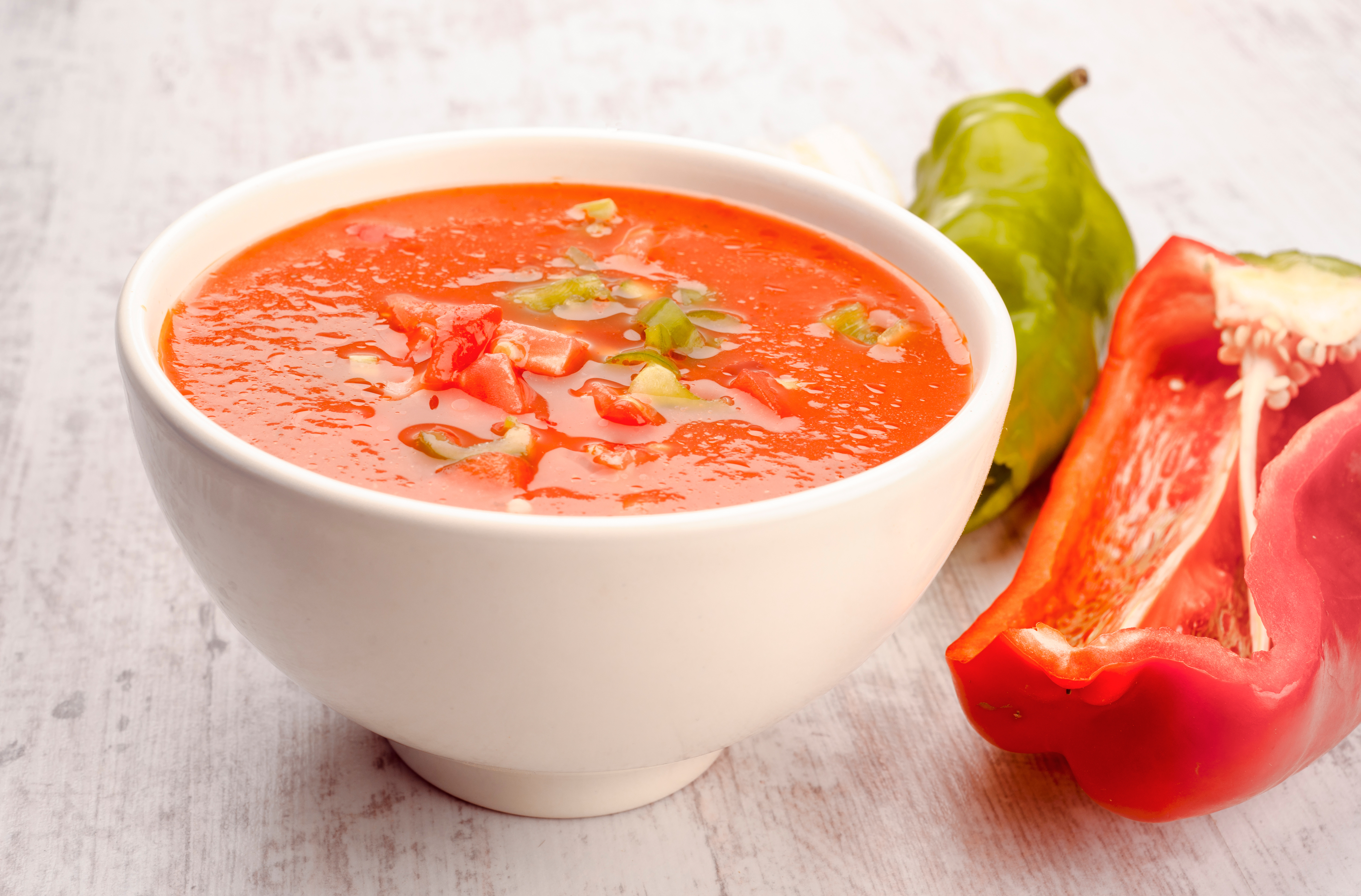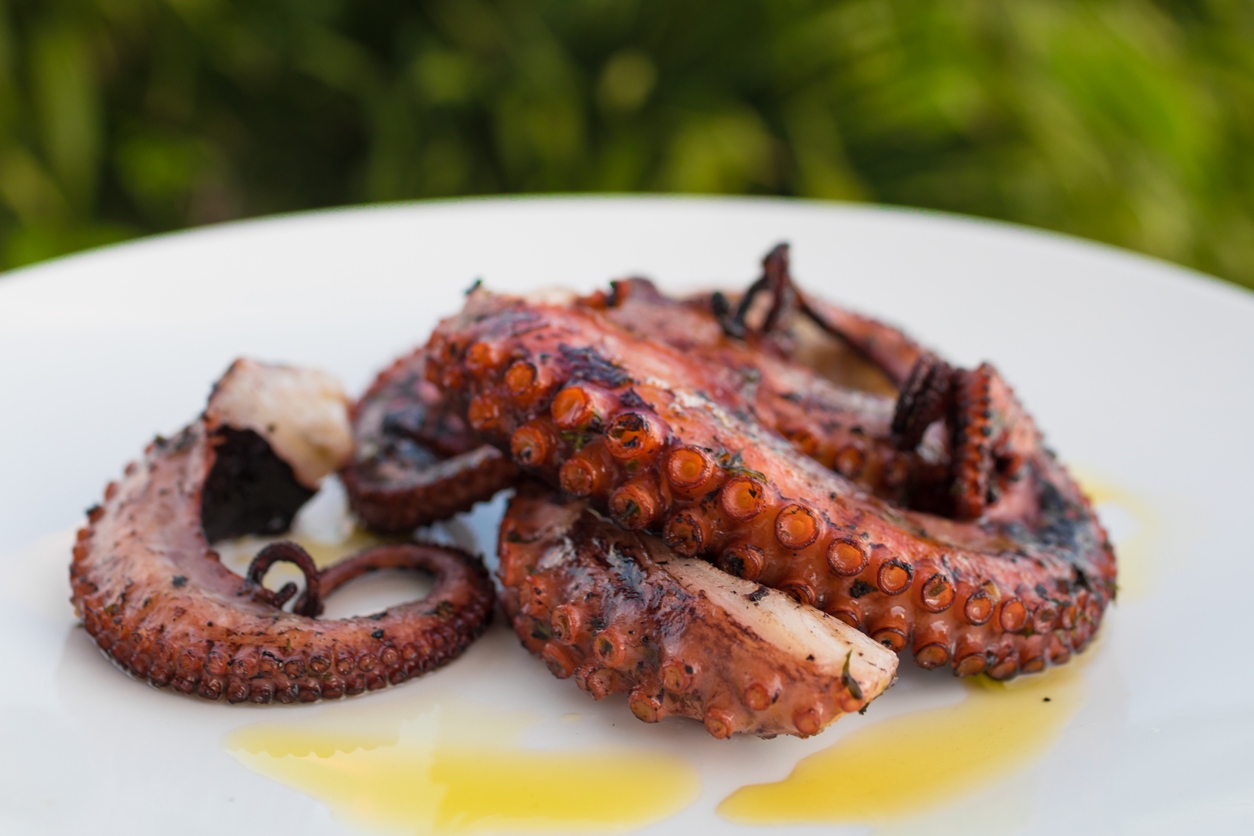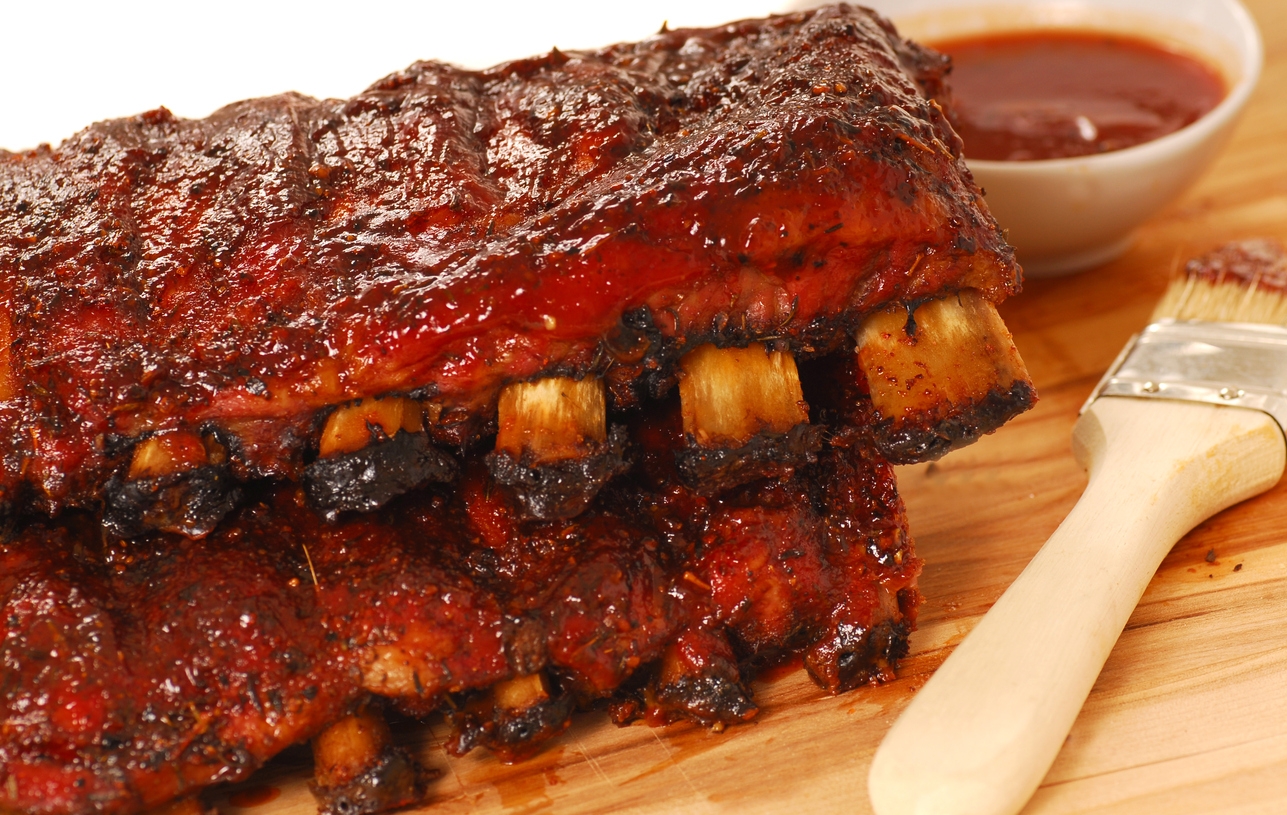Diabetics Guide to Sugar
Refined sugar is not recommended for individuals with diabetes or those who are weight conscious, it’s presence is often difficult to detect because it comes in so many forms. All sugars provide carbohydrates which affects blood glucose levels. Many so-called “sugarless” products contain sweeteners such as sorbitol, xylitol, or mannitol which can also affect blood glucose levels. Thus, even when a product is labeled “sugar free” it may not be allowed in unlimited amounts. These sweeteners are relatively expensive and cause diarrhea with even a low intake.
There are a number of terms which may appear on food labels to indicate that a product contains sugar. Knowing these terms will help you identify the ingredients that need to be calculated into a meal plan.
The following list identifies these terms.
There are a number of terms which may appear on food labels to indicate that a product contains sugar. Knowing these terms will help you identify the ingredients that need to be calculated into a meal plan.
The following list identifies these terms.
Sugar Terms:
- Brown sugar: a soft sugar in which crystals are covered by a film of refined dark syrup
- Carbohydrate: a nutrient made up of sugars and starches
- Corn Sugar: a sugar made by the breakdown of cornstarch
- Corn Syrup: a syrup containing several different sugars that is obtained by the partial breakdown of corn starch.
- Dextrin: a sugar formed by the partial break down of starch
- Dextrose: another name for sugar
- Fructose: the simple sugar found in fruit, juices and honey
- Glactose: a simple sugar found in lactose (milk sugar)
- Glucose: a type of simple sugar found in the blood, derived from food, and used by the body for heat and energy
- Honey: a sweet, thick material made in the honey sac of various bees
- Invert sugar: a combination of sugars found in fruits
- Lactose: the sugar found in milk
- Levulose: another name for fruit sugar
- Maltose: a crystalline sugar formed by the breakdown of starch
- Mannitol: a sugar alcohol
- Maple Sugar: a syrup made by concentrating the sap of the sugar maple
- Molasses: the thick syrup separated from raw sugar in the manufacturing process of sugar
- Sorbitol: a sugar alcohol
- Sorghum: a syrup from the juice of the sorghum grain grown mainly for it’s sweet juice
- Sucrose: another name for table sugar
- Sugar: a carbohydrate, including the Monosaccharides: fructose, glactose and the disaccharides; sucrose, maltose and lactose
Sugar Substitutes
Many sugar substitutes have been developed for use as a sweetening agent for diabetics and the weight conscious. Sugar substitutes do not have the same properties as sucrose(table sugar) but do give foods a sweet taste, in fact they are intensely sweet. Although some contain calories, in most substitutes are used in such small quantities they they do not significantly contribute to caloric intake. When using sugar substitutes, remember that they do not have the desired properties for browning lightness and tenderness in foods. some sugar sugar substitutes undergo chemical changes when heated, causing a bitter taste in the finish product. Various brands of sugar substitutes should be tested to provide the desired sweetness with minimum bitterness and after taste to meet a family’s needs.






No Comments